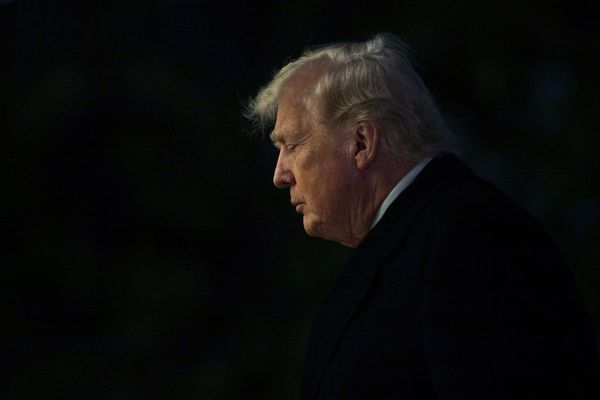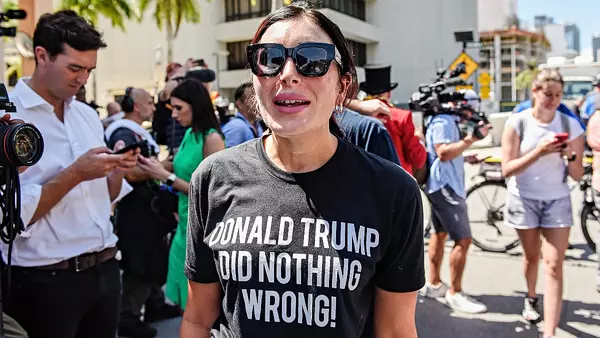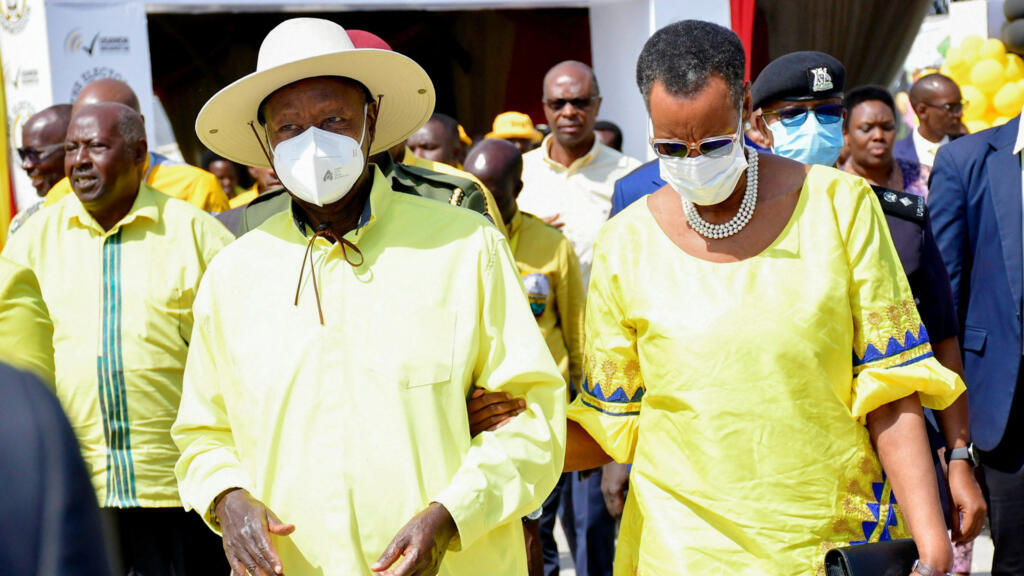
Uganda’s Electoral Commission has cleared octogenarian President Yoweri Museveni to seek re-election in polls scheduled for early next year, potentially extending his rule in the East African nation to nearly half a century. His rival, Bobi Wine, was also cleared on Wednesday afternoon.
The Electoral Commission made the announcement on Tuesday, near the capital, Kampala.
Uganda’s long-time President Yoweri Museveni will thus stand in the January 2026 elections, despite his nearly 40-year rule in the East African country, having been in power since 1986.
After the announcement, he urged supporters to back his vision for the future.
His party, the governing National Resistance Movement (NRM), had officially confirmed him in June as its presidential candidate.
Readied programme
In posts on social media, he thanked the NRM members for entrusting and electing him as their "Presidential flag bearer for the 2026-2031 term."
"In this economy, the GDP of Uganda has doubled currently in the recent Kisanja from $34 billion to $66 billion," he wrote. "You have everything today that you lacked in the past: electricity, roads, telephones, manpower, the educated people, and peace. That’s why we are being flooded by many investors because they are looking for a peaceful and profitable area where to invest."
He named among his priorities for this term wealth creation, education, infrastructure, the fight against crime and against corruption, and improvement in health and water provision.
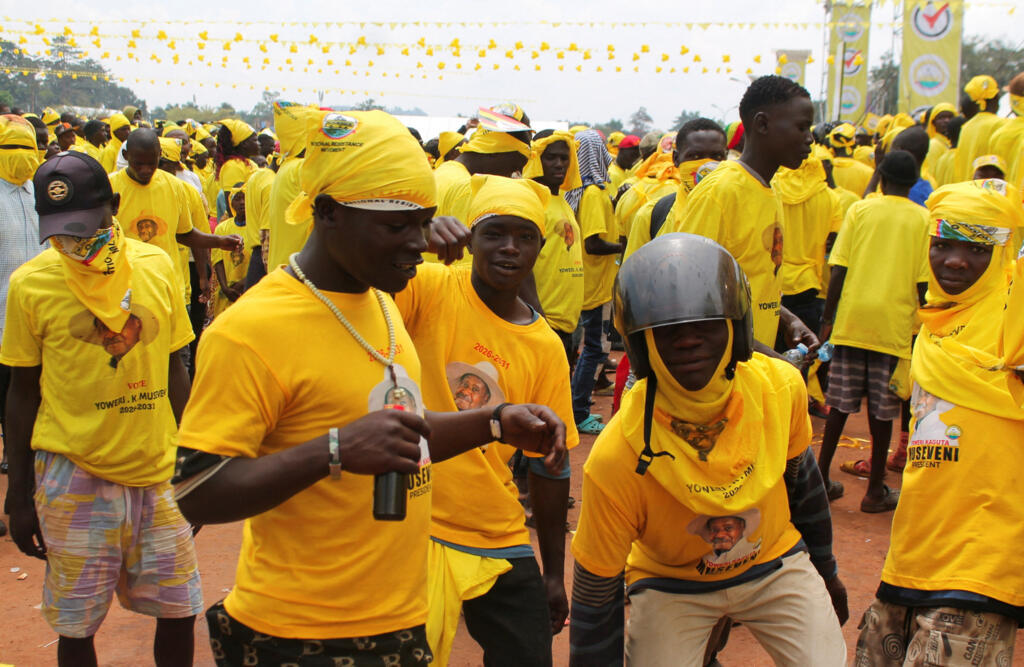
Controversial figure
A former rebel, Museveni came to power as he was seen as a hero who brought back peace to Uganda.
After seizing power in 1986 through force, Museveni said the problem facing Africa was not its people but "leaders who want to overstay in power".
For the next ten years Uganda had no multiparty elections. The country operated under what he called the “Movement system”.
In 1996, Museveni organised Uganda’s first presidential election under this system, standing as the candidate of the Movement, and won with around 75 percent of the vote.
Multiparty politics was only restored in 2005, after a referendum, while , under pressure from Museveni, the parliament scrapped presidential term limits.
Museveni is now Africa's fourth longest-ruling leader, and his government has amended the constitution twice to remove age and term limits, allowing him to remain in office.
Since coming to power, has been credited with stabilising Uganda, promoting economic growth, and combating HIV/AIDS.
But critics denounce his government's suppression of political opponents, human rights abuses and corruption scandals.
Ugandan opposition denounces brutal crackdown ahead of 2026 elections
Towards January 2026 polls
Museveni's was the first candidacy to be cleared by the elections body, which is charged with evaluating whether those seeking office meet legal requirements.
The body assessed this Wednesday the candidacy of Bobi Wine, 43, real name is Robert Kyagulanyi, a singer who has leveraged his pop stardom to galvanise a large support base among young voters.
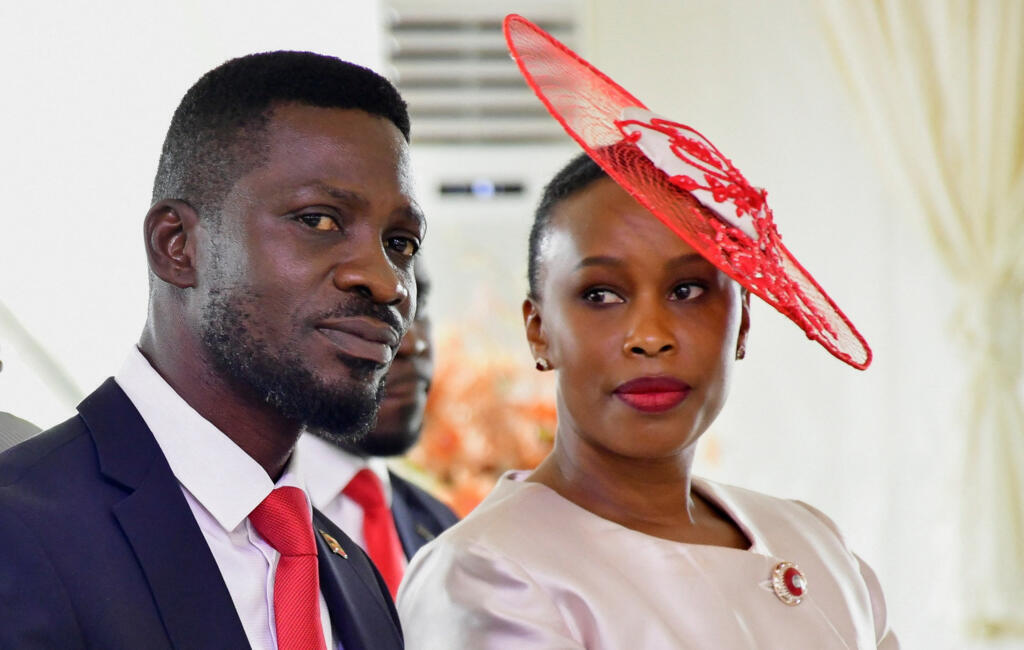
Museveni defeated Wine in 2021 by a wide margin, though Wine said his victory was stolen through ballot stuffing, intimidation by security forces and other irregularities.
Bobi Wine's fight for democracy in Uganda continues on the big screen
The president's opponents have long accused him of using state patronage and the military to maintain his grip on power, and of using kidnappings and torture against adversaries, claims he denies.
In May, Museveni's son, who is also Uganda's military chief Muhoozi Kainerugaba, admitted to holding a missing opposition activist in his basement while threatening that Wine would be next.
(with Reuters)




